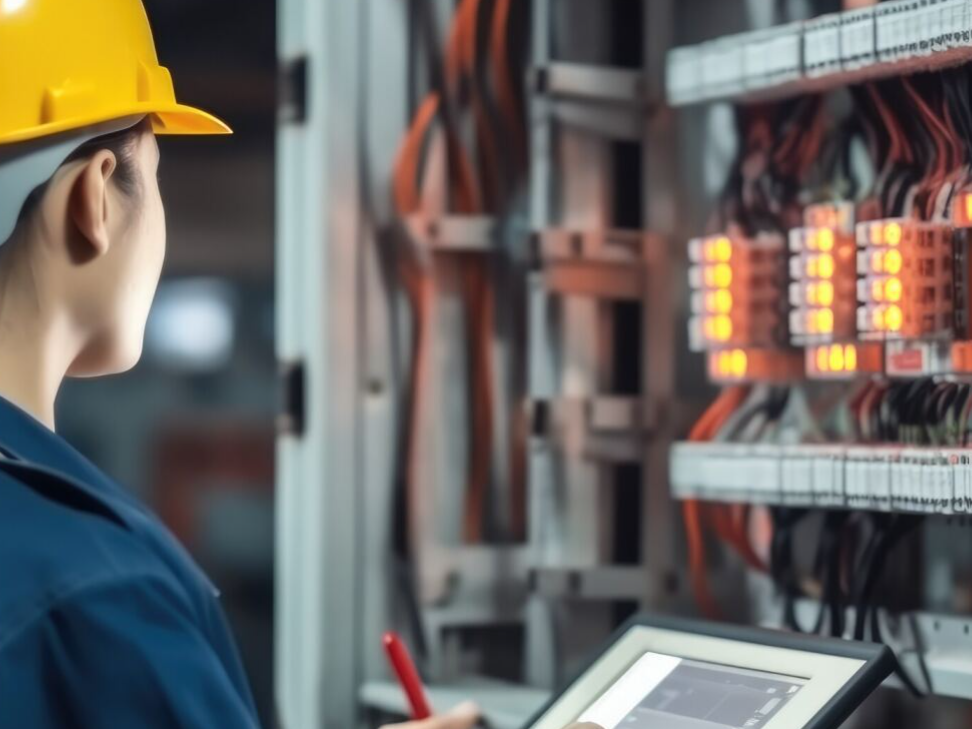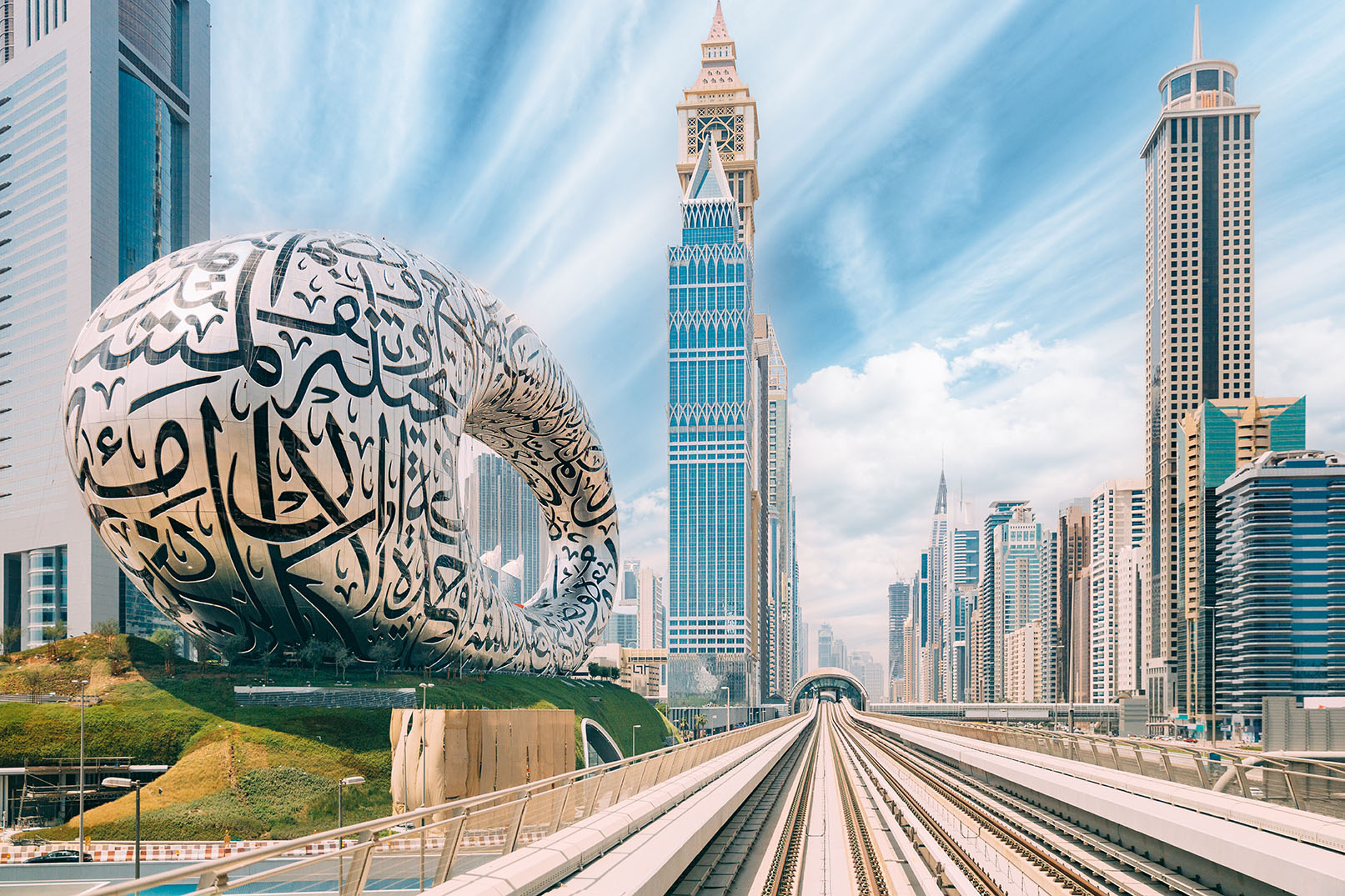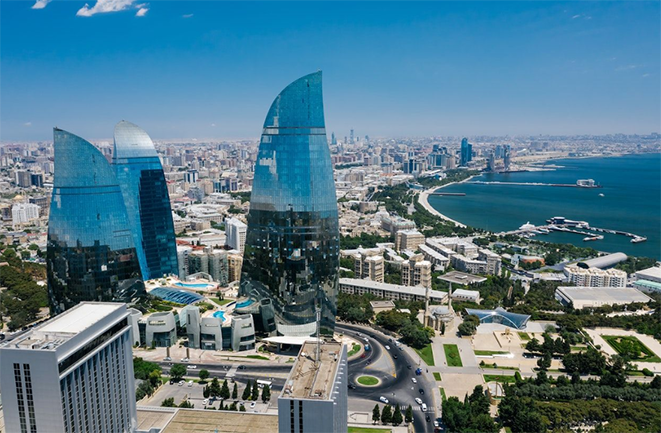
In 2019, there were 55,000 electrical engineersemployed in the UK which is a modest inc...

In 2019, there were 55,000 electrical engineersemployed in the UK which is a modest inc...

The life sciences industry is currently undergoing a huge transformation. In recent years, t...

Dubai, the dazzling gem of the Middle East, is not just a city – it's an experience like no ...




In 2019, there were 55,000 electrical engineersemployed in the UK which is a modest inc...